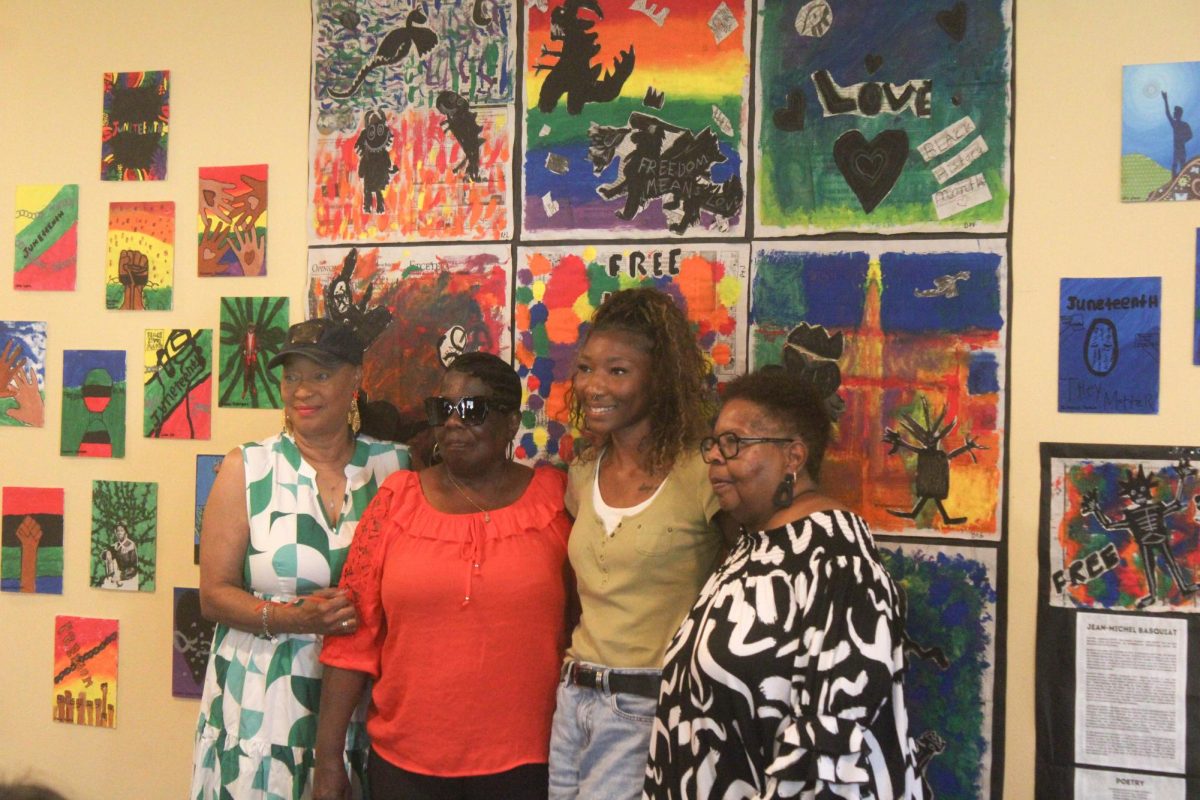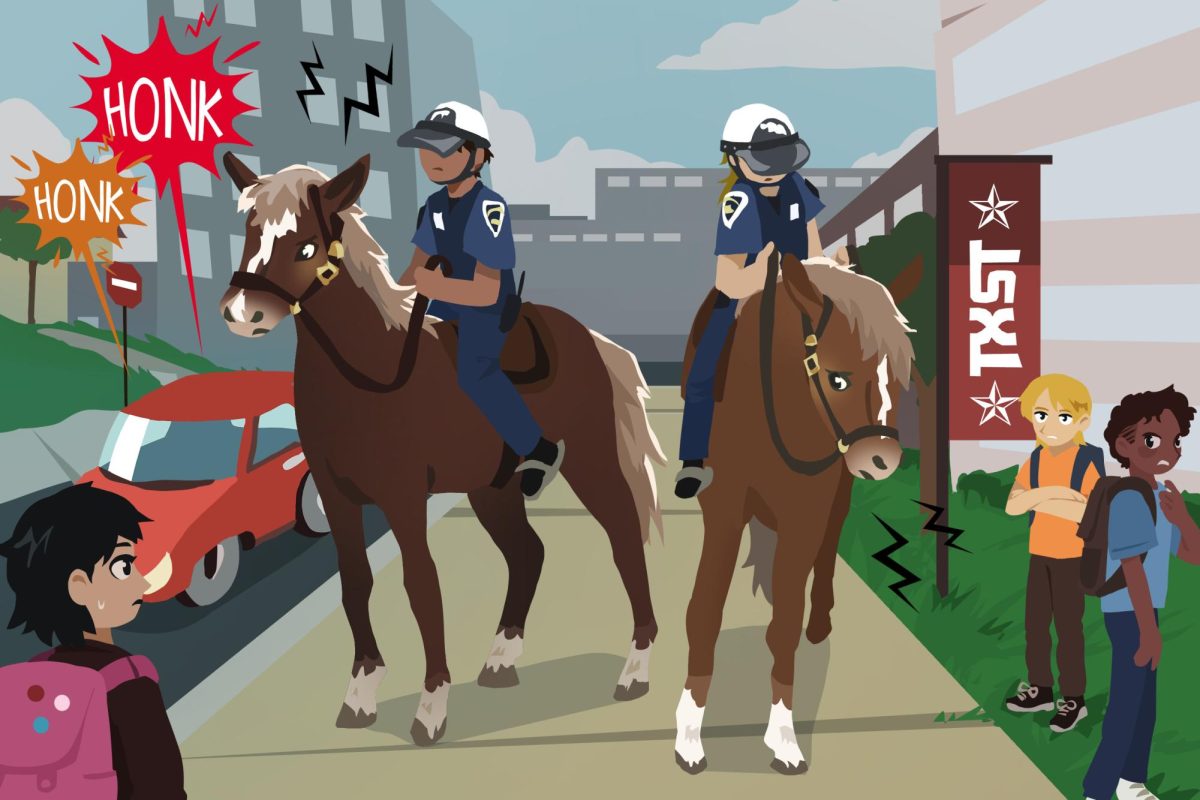Social media has skewed students’ relationship with politics through the emphasis on scandals, crimes and corruption instead of meaningful diplomacy and legislation.
The political world is no longer about substance; it’s about spectacle. In modern politics, show business and diplomacy go hand in hand. This has largely resulted from the increase in the coverage of theatrical public displays rather than effective competence within the realm of diplomacy.
Over time, the effectiveness of the U.S. congress has eroded. According to a Vox article, the 85th congress passed roughly 1,000 public laws, compared to the 112th congress which only passed 220 public laws.
This can be largely attributed to the ever-changing political landscape of U.S. politics. In 2016, for example, our nation elected a presidential candidate that had no political experience. This indicated a shift in what people have begun to value: entertainment over effectiveness.
This is problematic because certain political issues could directly affect students. Educational financing, municipal legislation in your city or even regulations regarding educational tax cuts that could defund extracurricular activities financed by universities.
According to the Texas Tribune, the agenda for the 2023 legislative session centered around budget allocation, LGBTQ+ laws and local regulations.
The Texas Tribune also recorded a few pieces of legislation that failed to pass, centered around creating education savings accounts and increasing school funding. Both highly relevant issues to the average college student, and yet, flew largely under the radar due to the prioritization of entertainment over relevancy.
A large reason as to why social media has become the primary source for political news could be due to the distrust of established news networks. According to Project Information Literacy, more than a third of students said their distrust of the news stemmed from “fake news.”
This has resulted in younger age groups looking toward social media for information. According to Statista, 47% of people aged 18-34 use social media for daily news. Of that specific age group, less than 6% read anything from local newspapers.
Social media is constantly flooded with the latest updates regarding the most popular people on the platforms. We need to understand the number of followers someone has does not translate to the amount of consideration you should give to their opinion.
The influential psychology of public figures is more than just a public phenomenon. According to a study conducted by Knowledge at Wharton, the public tend to trust an item more if it is endorsed by a celebrity.
This sales concept translates to our perception of celebrity perspective. When a public figure voices their opinion regarding a topic, they are, in turn, selling their viewpoint.
We need to stop giving social media the power to distort our view of politics. Our government is not simply a theater for scandal and corruption, Instead, we need to see it as a necessary part of not only our lives but the lives of our nation.
You owe it to yourself to distinguish fact from fiction. To do so, we need to get out of TikTok and Instagram, and into credible news sources to be able to differentiate between the ridiculous and the relevant.
-Jonny Wheatcroft is a physics junior
The University Star welcomes Letters to the Editor from its readers. All submissions are reviewed and considered by the Editor-in-Chief and Opinions Editor for publication. Not all letters are guaranteed for publication.































